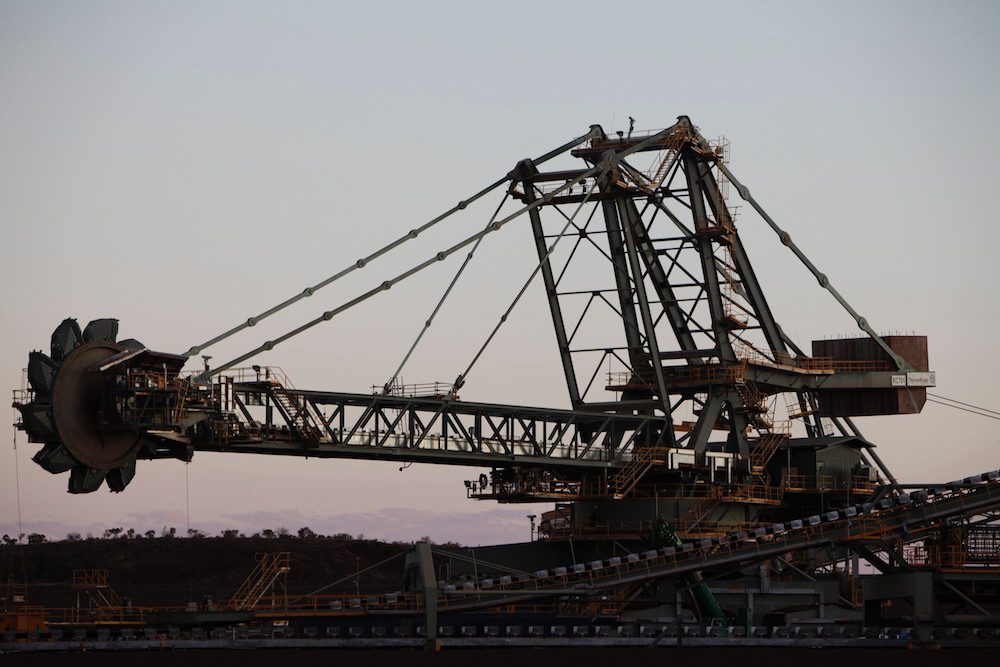
Turning industrial waste into concrete is the latest innovation to reduce emissions and create a useful resource from toxic industrial remains.
Collie in Western Australia is a former coal-producing town and home to the last coal-powered electricity stations in WA, currently transitioning to an emission-free future. Alongside an expanded Collie Jobs and Skills Centre which is transforming the area into a training hub for remote control and automated trucking, Colliecrete has entered the market.
Colliecrete is a geopolymer cement production that is manufactured out of fly ash, a by-product of coal-fired electricity and other by-products readily available in Collie. The remains of sixty years of coal-fired power in the town rest in massive stockpiles of fly-ash, stored in tailings dams. This toxic waste will now be utilised to replace around ten per cent of WA’s concrete requirements – currently made in large quantities from imported lime and clinker.
The product is a result of research by Murdoch university Environmental graduates under Dr Martin Anda, an environmental engineer at the Centre for Water, Energy and Waste, who developed the process of making geopolymer concrete ‘in a unique chemical reaction and then adding recycling aggregates’ like flyash. The desire to remove concrete from the environment was the impetus for the project.
“Conventional cement production is a dirty process and one of the world’s biggest polluters of carbon – responsible for eight per cent of industrial global emissions,” said Dr Anda.
“Concrete manufacturing also harms seagrass meadows, which are mined for shells, and blasts holes into Perth’s hills to extract rocks needed for production,” he added.
The research has been funded by the Royalties for Regions plus the Collie Just Transition fund which was established by the West Australian state government to help move Collie away from reliance on coal and create economic opportunities for residents in the region.
The initiative includes a $547.4 million Collie Transition Package, a $200 million Industrial Transition Fund to attract major projects and new industries to the town and further funds to decommission the Muja Power Station and Collie Power Station. Both coal-fired power stations will be retired by 2030, with the state increasingly relying on solar rooftops to generate electricity and further plans for battery storage already announced by the McGowan government. The closure of these power stations will reduce carbon emissions from electricity provider Synergy by 80%.
The state government has committed $3.8 billion to renewable power in another initiative named the South West Interconnected System (SWIS). This encompasses wind power generation and storage and a variety of utility-scale renewables and distribution resources. The proposal includes energy storage, replacement of aging infrastructure with renewable energy sources and transmission links to new energy sources.
The mechanical properties of Colliecrete as a geopolymer concrete have been tested using standard conventional OPC concrete, meeting AS1379:2007 as Special Class Concretes in the view of the manufacturer.
The project is being led by David Beyer, David Beyer, Principal of ActiveSustainability, who specialises in sustainable building programs and project development solutions, backed up by the team from Murdoch University.
Your feedback is important to us. If you enjoyed reading this Global Road Technology industry update and found it informative, please let us know by leaving a REVIEW.
Author – Troy Adams, Global Road Technology